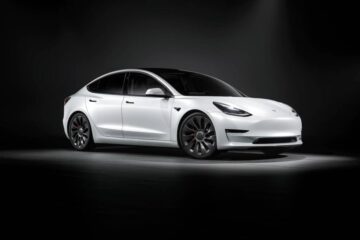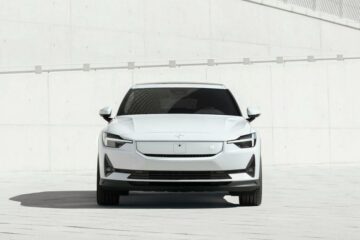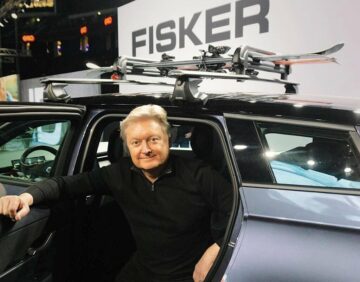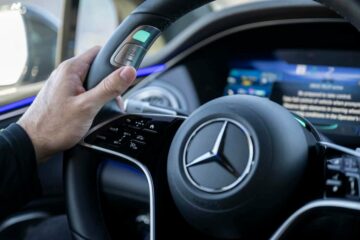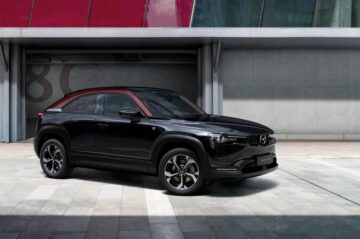General Motors’ never-ending quest to develop a low-cost battery for its current and future electric vehicles took another step forward with its investment in in Silicon Valley-based, AI-enabled battery materials innovator Mitra Chem.
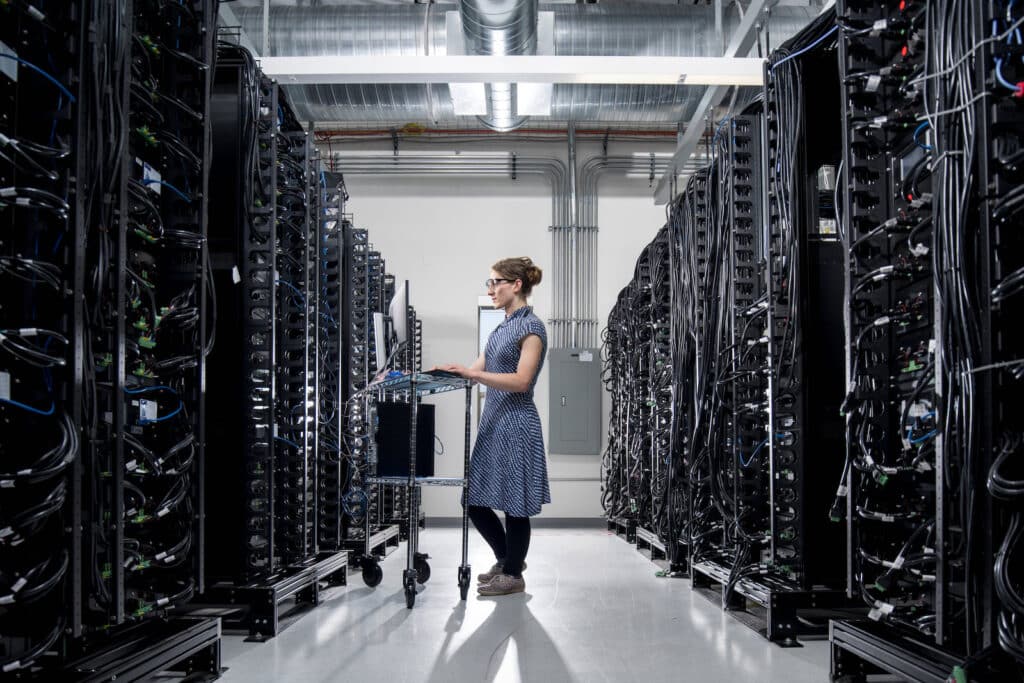
The auto company is leading a $60 million round of investment in the two-year-old company, located in Mountain View, California. The nascent operation employs artificial intelligence to accelerate the development lithium-ion battery materials.
The pair plans to develop advanced iron-based cathode active materials (CAM), like lithium manganese iron phosphate (LMFP), to produce affordable EV batteries compatible with GM’s Ultium platform. The funding will help Mitra Chem scale up its current operations and speed up the development of new iterations.
The goal is to get the LMFP-based cathodes into GM’s next-gen Ultium batteries sometime in the “middle or later part of decade,” officials noted during a streamed press conference. GM already uses LFP batteries in China.
What does it mean?
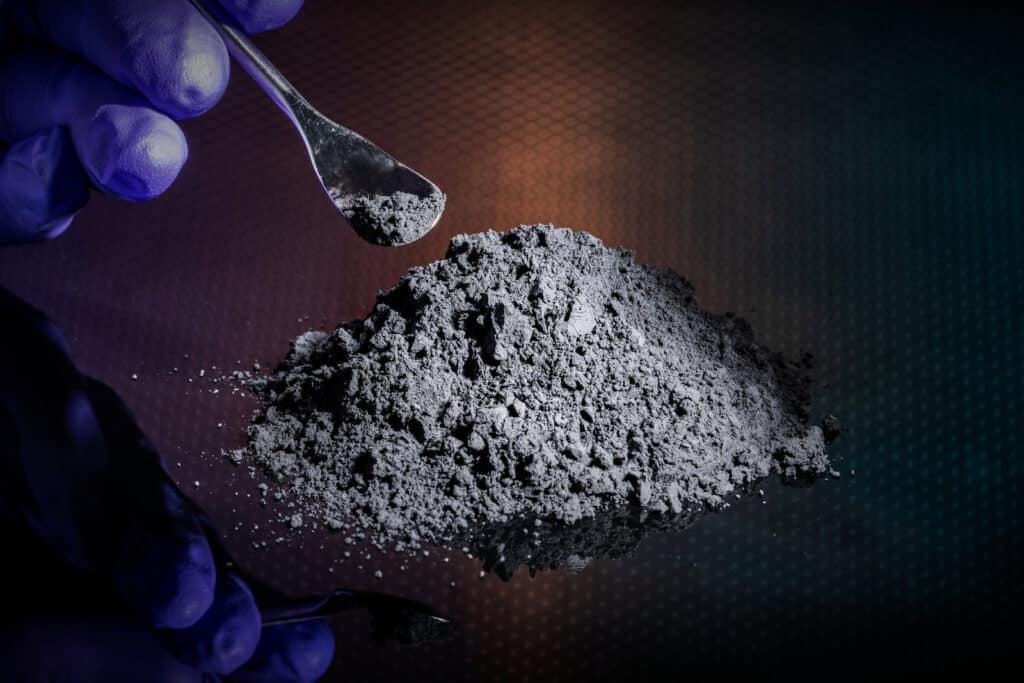
“This is a strategic investment that will further help reinforce GM’s efforts in EV batteries, accelerate our work on affordable battery chemistries like LMFP and support our efforts to build a U.S.-focused battery supply chain,” said Gil Golan, GM vice president, Technology Acceleration & Commercialization.
“GM is accelerating larger investments in critical subdomains of battery technology, like cell chemistry, components and advanced cell production processes. Mitra Chem’s labs, methods and talent will fit well with our own R&D team’s work.”
Mitra Chem CEO and Co-Founder Vivas Kumar told reporters during the press conference the company can simulate, synthesize and test thousands of cathode designs monthly in a range of sizes — from grams to kilograms. These processes drive significantly shortened learning cycles, enabling shorter time to market for new battery cell formulas.
The company’s noted the Inflation Reduction Act is a big reason for the new partnership, as it encourages the development of a U.S.-based supply chain for LFP batteries and other materials, helping future EV buyers gain tax credits for new electric vehicles.
The IRA provides incentives for battery materials, components, cells and packs that are sourced in North America.
- SEO Powered Content & PR Distribution. Get Amplified Today.
- PlatoData.Network Vertical Generative Ai. Empower Yourself. Access Here.
- PlatoAiStream. Web3 Intelligence. Knowledge Amplified. Access Here.
- PlatoESG. Automotive / EVs, Carbon, CleanTech, Energy, Environment, Solar, Waste Management. Access Here.
- PlatoHealth. Biotech and Clinical Trials Intelligence. Access Here.
- ChartPrime. Elevate your Trading Game with ChartPrime. Access Here.
- BlockOffsets. Modernizing Environmental Offset Ownership. Access Here.
- Source: https://www.thedetroitbureau.com/2023/08/gm-invests-in-silicon-valley-based-battery-supplier/
- :is
- $UP
- a
- accelerate
- accelerating
- acceleration
- Act
- active
- advanced
- affordable
- already
- america
- and
- Another
- ARE
- artificial
- artificial intelligence
- AS
- auto
- batteries
- battery
- Big
- build
- Bureau
- buyers
- california
- CAN
- cathodes
- cell
- Cells
- ceo
- chain
- chemistry
- China
- Co-founder
- commercialization
- company
- Company’s
- compatible
- components
- Conference
- Credits
- critical
- Current
- cycles
- decade
- designs
- develop
- Development
- does
- drive
- during
- efforts
- Electric
- electric vehicles
- employs
- enabling
- encourages
- Ether (ETH)
- EV
- EV batteries
- Facility
- fit
- For
- Forward
- from
- funding
- further
- future
- Gain
- get
- GM
- goal
- Grams
- help
- helping
- High
- HTTPS
- in
- Incentives
- inflation
- Innovator
- Intelligence
- into
- investment
- Investments
- Invests
- IRA
- IT
- iterations
- ITS
- Labs
- larger
- later
- leading
- learning
- like
- lithium
- located
- low-cost
- Market
- materials
- max-width
- mean
- methods
- million
- monthly
- Mountain
- nascent
- New
- North
- north america
- noted
- of
- officials
- on
- operation
- Operations
- or
- Other
- our
- own
- Packs
- pair
- part
- Partnership
- plans
- platform
- plato
- Plato Data Intelligence
- PlatoData
- president
- press
- processes
- produce
- Production
- provides
- quest
- R&D
- range
- reason
- reduction
- reinforce
- round
- s
- Said
- Scale
- shortened
- significantly
- Silicon
- sizes
- sourced
- speed
- Step
- Strategic
- STRATEGIC INVESTMENT
- streamed
- supplier
- supply
- supply chain
- support
- Talent
- tax
- Technology
- test
- that
- The
- These
- thousands
- throughput
- time
- to
- took
- uses
- Vehicles
- vice
- Vice President
- View
- WELL
- will
- with
- Work
- zephyrnet


